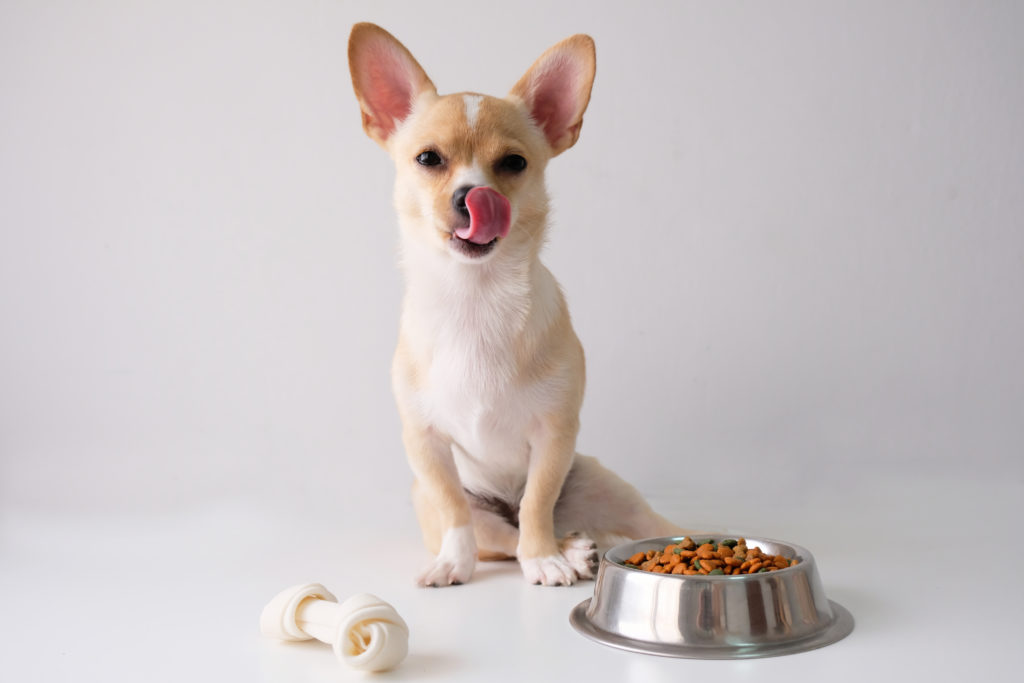
Who says dogs are as different as we are? They aren’t! Dogs are much more diverse in size and appearance, mannerisms and preferences, and all that. No wonder different dog breeds are entitled to prefer (and benefit from) different foods.
Of course, size does matter. There are specific food guides for large breed dogs (like Doggolab), for pet dogs, which tend to be among the smallest, and for other breeds. There are certain reasons to look for breed-specific products. But should you look for the most appropriate one just by its labeling?
All-purpose foods: The easiest solution
The easiest way is to buy all-purpose dog food and feed it to your pet until it feels full. As simple as it may seem, this method can lead you to some problems:
– Is the same food suitable for different breeds? Not that we think some of them are harmful if used incorrectly, but they may be less effective. Your dog may eat more than you expect – or, conversely, even refuse to taste it.
– Is specialty food suitable for different dog breeds? The formula should be tailored to your pet’s needs. Or at least that’s what buyers hope.
– Will it cost you less? You can’t get an answer just by comparing weights and prices. There are other factors as well. How much of it will your dog consume? Will there be anything left over? Do dogs even consider it edible?
All of these questions, as well as others, indicate that all-purpose food is not the definitive answer. While it is undoubtedly suitable, it may be far from the best solution.
Breed-specific food: Easy, but…
It’s a trend now. If you visit a zoo, you’ll find breed-specific products for various familiar muzzleloaders. Products for golden retrievers and poodles, for Labradors and Shih Tzus, for setters and Yorkshire terriers – all of these and more are available at the zoo.
Might it be easier to just choose one that matches your pet’s breed? It’s not that simple. If you’re sure of his pedigree, you can relax, but what if your furry, fun-loving pet is a half-breed? What kind of food then? And, raised by market wolves, we always wonder: what if we’re just overpaying for the label? Does my dog really benefit from this formula like no other?
It’s size.
It’s safe to say that a dog’s metabolism is highly dependent on his body size. In short, the differences associated with smaller dog breeds are as follows:
– Higher energy requirements. While a large dog requires more food in absolute amounts, a small dog will require more food per pound of his own body. In general, smaller dogs get it faster, requiring more energy.
– Small dogs digest protein faster and better. In fact, this is a logical consequence of their energy needs.
– Small dogs have lower levels of antioxidants.
Do you need a certain breed of food?
Size is the only thing that has been proven to matter. There are no specific metabolic differences between different breeds of the same weight class. Therefore, a food advertised for one small breed will work for any other breed.



